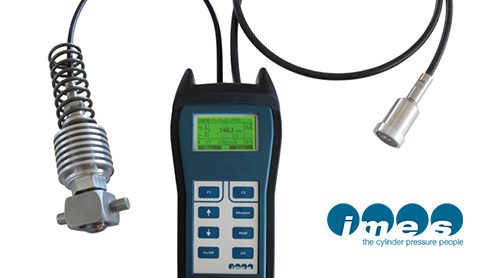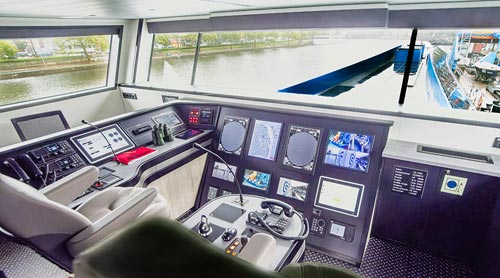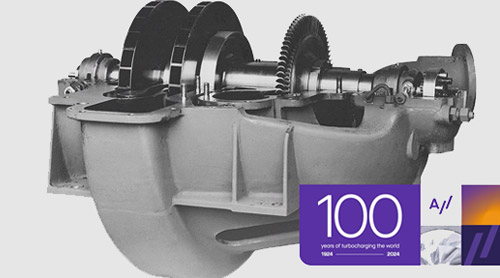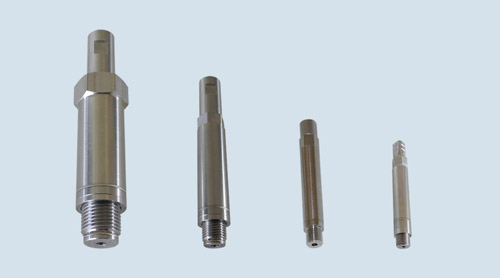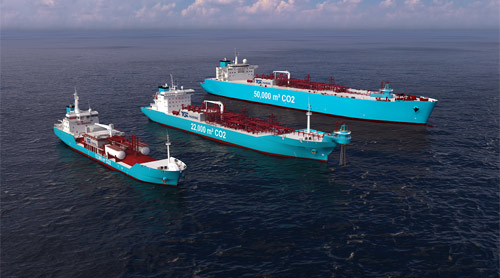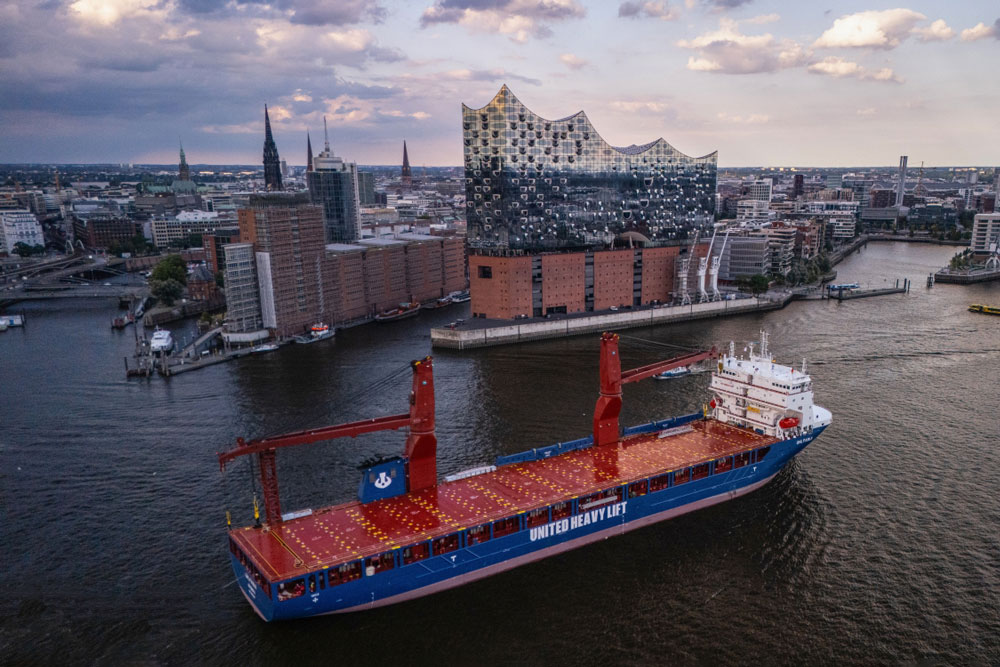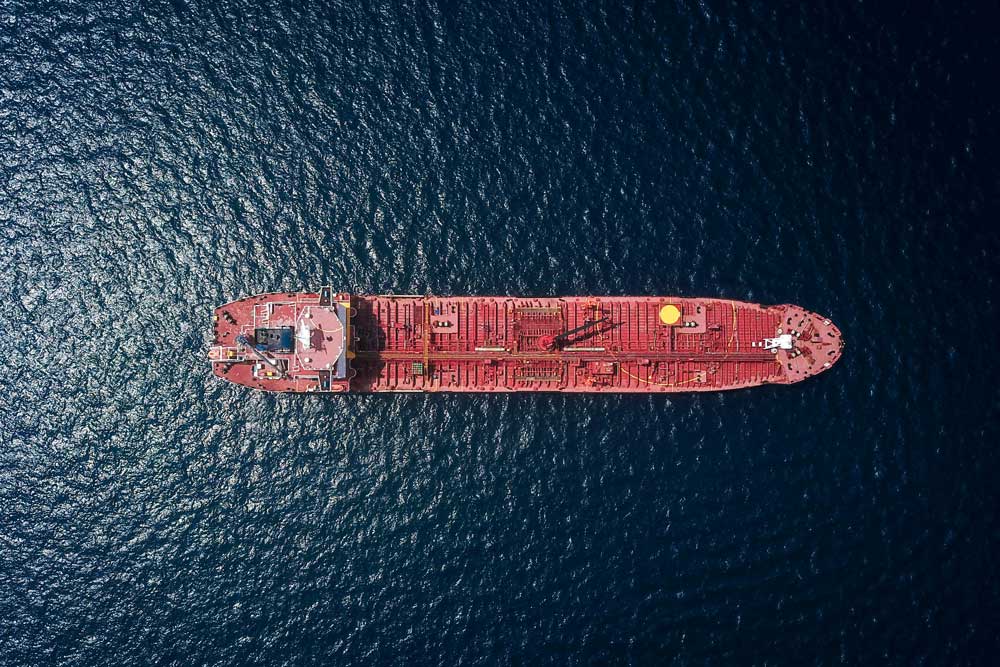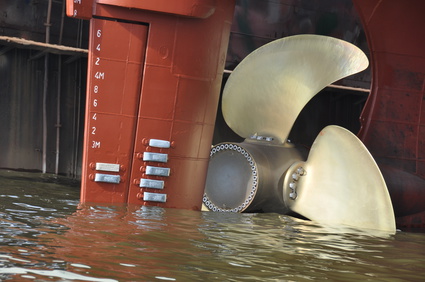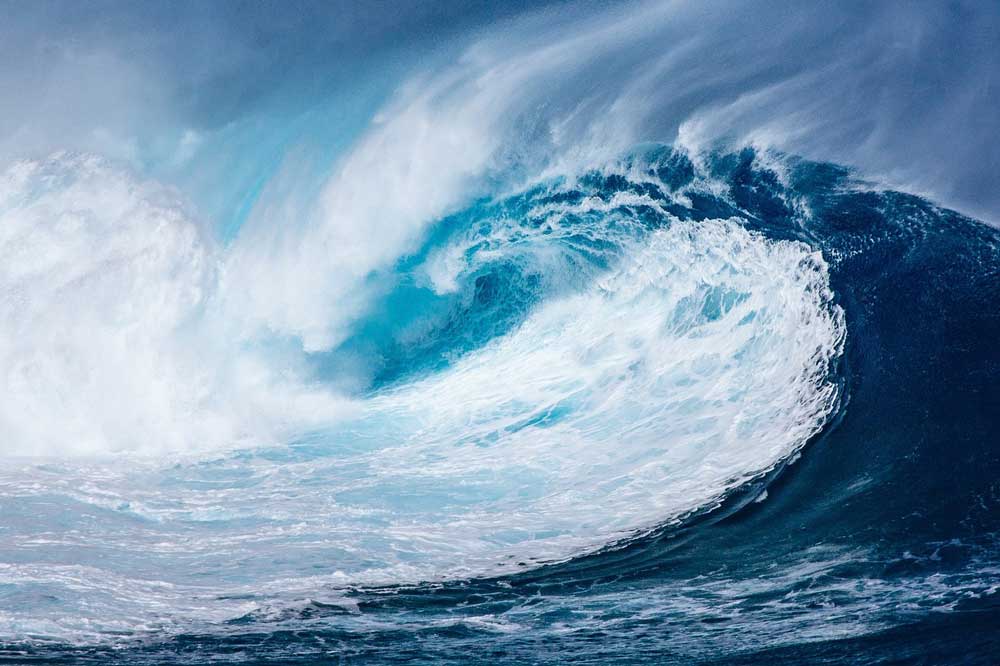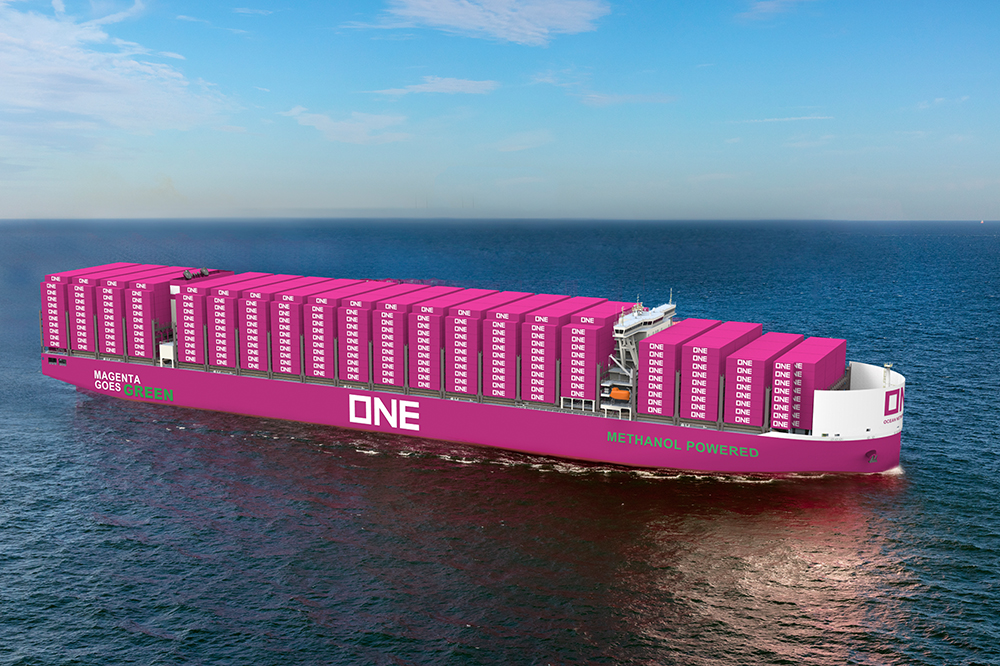According to a new study, significantly more methane escapes when ships run on LNG than previously assumed. Environmentalists are alarmed by the new data on methane leakage because it is significantly more harmful to the climate than CO2.
The use of liquefied natural gas (LNG) as a marine fuel is increasing rapidly, doubling from 2.2 million tons in 2018 to 4.4 million tons in 2022 for ships subject to the European Union’s monitoring, reporting and verification system. This means that unintentional emissions of the gas into the atmosphere are also increasing. But to what extent? [ds_preview]
Most recently, the International Maritime Organization’s (IMO) Fourth Greenhouse Gas Study estimated that global consumption of LNG as a marine fuel increased by 30% between 2012 and 2018, leading to an estimated 150% increase in methane (CH4)1 emissions. However, according to the authors of the new study “Fugitive and Unburned Methane Emissions from Ships (FUMES)”(to the study), these estimates are uncertain as they are based on emission factors developed in only a few studies that used a mixture of laboratory measurements of ship engines, including data provided by the engine manufacturers themselves, and measurements on board a few ships.
The FUMES project collected the most comprehensive data set to date on real methane emissions from ships powered by liquefied natural gas. Previously, according to the project managers, there were only a few real measurements of methane slip and the extent of methane emissions at ship level was largely unknown.
Three different measurement campaigns
FUMES is a collaboration between the International Council on Clean Transportation (ICCT), the measurement data service provider Explicit ApS and the Netherlands Organization for Applied Scientific Research (TNO). Together with West Virginia University, the ICCT was involved in uncovering the emissions scandal at German car manufacturer VW in 2015.
The FUMES partners carried out three measurement campaigns: Plume, Onboard and Fugitive. During the plume campaign, methane was measured in 45 plumes from 34 individual LNG-powered ships. Drones and helicopters were used to measure CH4 in plumes from ships sailing near the Dutch, Danish, Belgian and Australian coasts during 2022.
During the on-board campaign, the experts went on board the LNG-powered ferry “Aurora Botnia”, which operates between Finland and Sweden, where methane was measured directly in the chimney and in the exhaust plume in spring 2023. During the fugitive methane study campaign, a novel approach was used to quantify the methane emission rate during the unloading of LNG cargoes from three LNG carriers at a European LNG terminal in September 2022.
Measured methane slip exceeds IMO and EU assumptions
According to the results of the study, methane escapes during the loading and unloading of LNG ships and during operation. In some cases, over 6 % of the methane is released unburned into the atmosphere. Previously, much lower levels were assumed: the EU assumes a methane slip of 3.1% for LPDF four-stroke engines, while the IMO assumes 3.5%. The recommendations to policy-makers in the EU include a shore power obligation for LNG ships in ports and the monitoring and reporting of methane emissions at LNG storage facilities and LNG bunker sites. The IMO is recommended to introduce new specifications for engine tests for methane slip tests at low load.
In response to the study, the German environmental organization Nabu is calling for the promotion of LNG technology to be stopped “immediately, as methane is up to 82 times more harmful to the climate than CO₂”. Nabu shipping expert Sönke Diesener: “The climate damage caused by LNG as a shipping fuel is still being glossed over. We have been arguing for years not to rely on LNG. Fossil fuels belong in the past. LNG is not a bridging technology and prevents a real transformation of shipping towards the future. The EU and the IMO must immediately correct their assumptions about methane emissions from ships in order to quantify the true damage. The German government must stop funding this technology immediately.”












